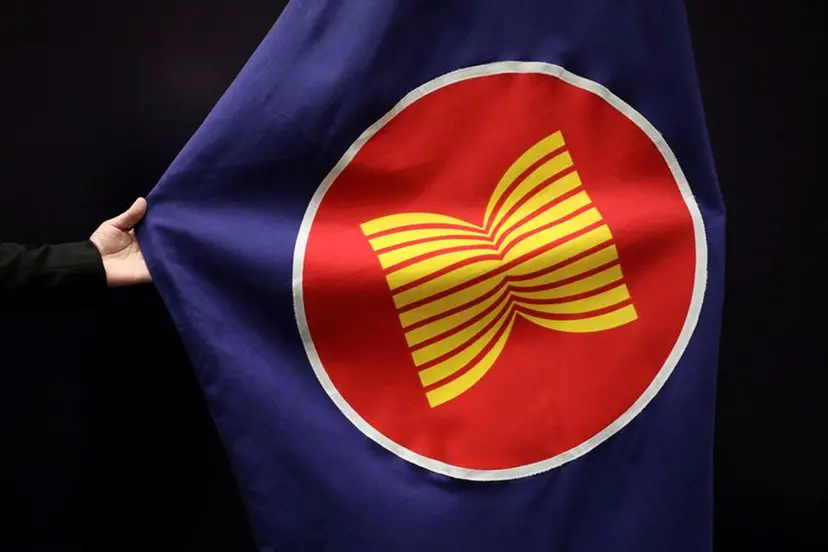Dewan Rakyat Speaker Tan Sri Johari Abdul, when appearing on Bernama TV’s talk show The Nation Asean+ on Friday, highlighted how the crisis in Ukraine has underscored the global ramifications of food insecurity
KUALA LUMPUR – As Malaysia prepares to assume the Asean Chair, bolstering regional food security and tackling the pressing challenges of climate change have emerged as key agendas defining the nation’s leadership role in the regional bloc.
Dewan Rakyat Speaker Tan Sri Johari Abdul, when appearing on Bernama TV’s talk show The Nation Asean+ on Friday, highlighted how the crisis in Ukraine has underscored the global ramifications of food insecurity.
Urging Asean-member countries to pool their combined strengths to tackle the issue, Johari said: “We (Asean-member states) should sit down and consider how to govern our strengths together to ensure this part of the world will not go hungry.”
He said Asean should move away from silo approaches and combine its strengths – sizeable agricultural land, financial strength, manpower and technology – to create a food-secure region.
Johari stressed the importance of sharing ideas, experiences and expertise among member countries to bolster research and development efforts aimed at enhancing food security.
With Asean’s combined population of 680 million, he pointed out the potential of the regional bloc as a substantial internal market.
“Asean does not require marketing. By working together, member states can reduce costs and achieve greater efficiency,” he said.
As the upcoming president of the Asean Inter-Parliamentary Assembly (AIPA), Johari reiterated Malaysia’s commitment to advancing other significant agendas, including climate change initiatives, during its tenure as the next Asean Chair.
He emphasised Malaysia’s interest in promoting renewable energy sources, such as hydrogen, hydro, and solar.
“We will discuss with member countries how we can collaborate and capitalise on our resources, whether it be hydro, solar, or hydrogen,” he said.
Johari called on Asean countries to invest in the young generation and education to develop future leaders capable of maintaining the bloc’s position as a Zone of Peace, Freedom and Neutrality.
Source: Zawya



